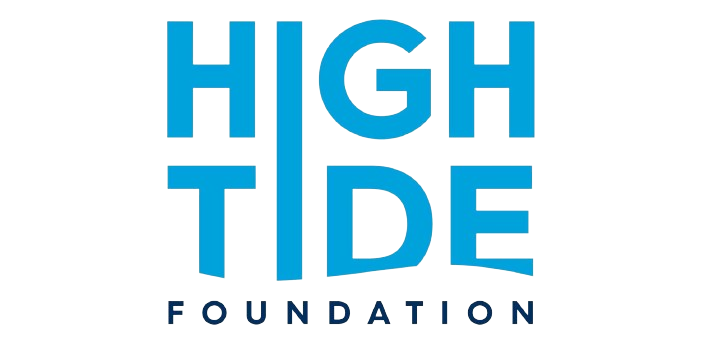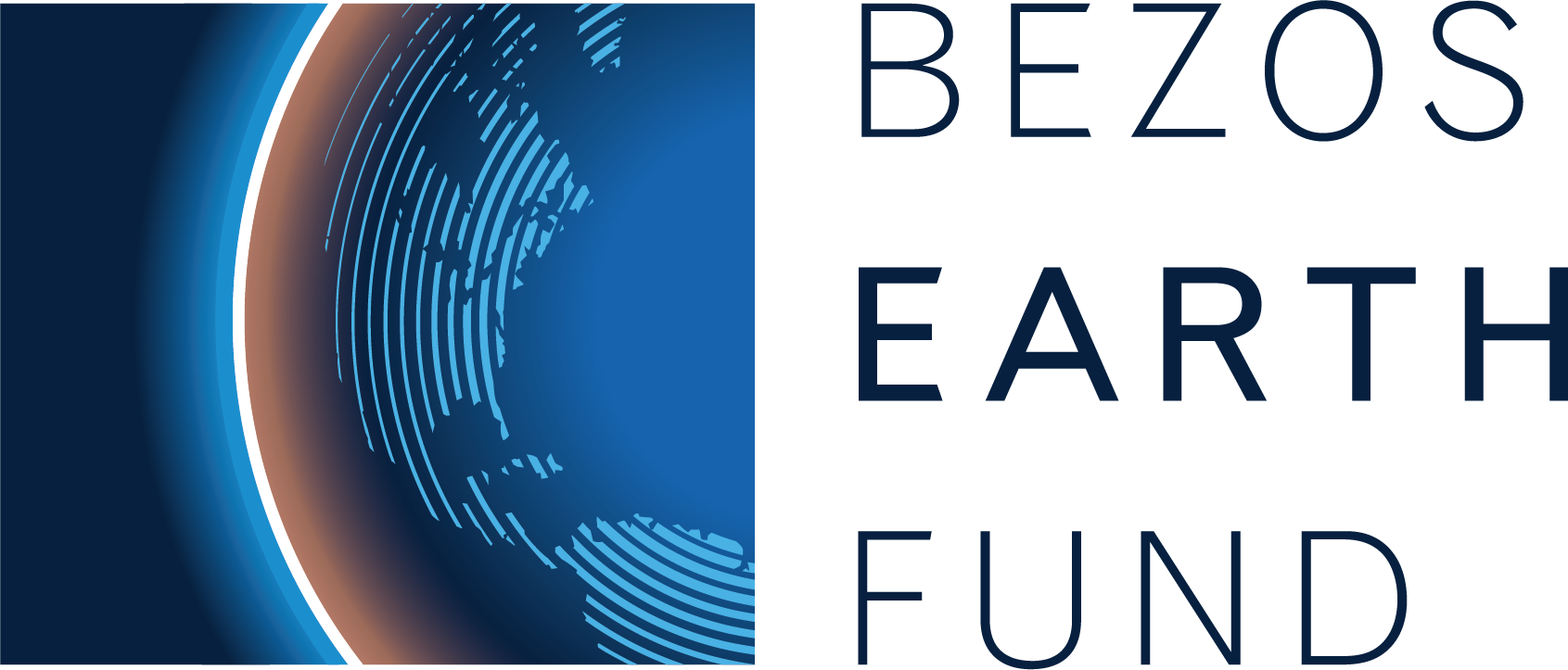How we assess categories of carbon credits
The assessment of categories of carbon credits for adherence to the CCPs is one part of the ICVCM’s double tick process.
The Integrity Council is now assessing:
- Categories of carbon credits to assess whether they can be labelled as CCP-Approved by a CCP-Eligible program.
- Carbon-crediting programs to assess whether a carbon-crediting program is CCP-Eligible.
The result of these assessments are forwarded to the Governing Board for formal approval.
The process to assess categories of carbon credits started with the work of the Categories Working Group (CWG), with the process now led by the Multi-Stakeholder Working Groups (MSWGs) who conduct the multi-stakeholder assessment of Categories that have not undergone the internal assessment process or have been deprioritised by the CWG.
Category Working Group
The ICVCM Category Assessment process began in October 2023 with the convening of the Categories Working Group (CWG). The CWG has now concluded its work, classifying categories of carbon credits into one of three types of assessment:
- Internal assessment, undertaken by the Integrity Council Executive Secretariat staff and its Experts.
- Multi-stakeholder assessment, an assessment undertaken by one of six multi-stakeholder working groups (MSWGs) which include carbon crediting methodology experts from within and outside the Integrity Council and from the Integrity Council’s Standard Oversight Committee (a sub-committee of the Governing Board).
- Considered by the Categories Working Group to be very unlikely to meet the criteria and requirements of the Assessment Framework. The Category is deprioritised in the scheduling of assessment and will be assessed for adherence to the criteria and requirements of the Assessment Framework when other Category assessments are completed.
CWG Membership
Membership of the CWG included: a buyer, carbon-crediting programs, a data provider, IPs & LCs, a rating agency, project developer, UNFCCC Article 6 expert, three members of the Integrity Council’s Expert Panel and three members of the Integrity Council’s Standards Oversight Committee.
The membership in the CWG was coordinated with the Integrity Council’s partner organisation the International Emissions Trading Association (IETA).
Category Working Group members:
Carbon-Crediting Program members
- Lokesh Chandra Dube, Gold Standard
- Craig Ebert, CAR
- Jerry Seager, Verra
- Jessica Bede, ACR
Project Developer member
- Sven Kolmetz, Climate Bridge
Rating Agency member
- Sven Kolmetz, Climate Bridge
Data Provider member
- Dana Agrotti, S&P
UNFCCC Article 6 expert
- In progress
IPs and LCs member
- In progress
Buyer member
- Jamey/James Mulligan, Amazon
Standards Oversight Committee (SOC) members
- Farrukh Khan, Acumen Pakistan
- Kelley Kizzier, Bezos Earth Fund
- Alexia Kelly, HighTide Foundation
- Mark Kenber, VCMI
Expert Panel (EP) members
- Pedro Martins Barata, EDF
- Lambert Schneider, Oeko Institut
- Jessica Wade-Murphy, Atmosphere Alternative
Multi-Stakeholder Working Groups
Now that the Category Working Group (CWG) has completed its sorting process, Multi-Stakeholder Working Groups (MSWGs) are conducting the multi-stakeholder assessment of categories that have not undergone the internal assessment process or have been deprioritised by the CWG.
The MSWGs consist of experts with specialised knowledge to assess categories that raise more complex issues. The outcome of their work will define whether:
- Categories meet the criteria and requirements for Core Carbon Principles (CCPs) approval,
- Categories meet the criteria and requirements for CCP approval subject to remedial action to be undertaken by the relevant carbon-crediting programme(s),
- Categories do/do not meet the criteria and requirements for CCP approval.
All final decisions on categories of credits will be made by the Governing Board and made publicly available on our website.

MSWG Membership
MSWGs include external expertise, comprising up to 12 carbon crediting methodology experts, including methodology development and project development1 and up to 2 IPs & LCs. They also include ICVCM expertise, with up to 2 ICVCM Standards Oversight Committee Co-Chair & members, and up to 3 ICVCM Experts.
The following document provides a list of active organisations involved in the Multi-Stakeholder Working Groups.
1These may come from any sector, such as civil society, environmental non-government organisations, commercial, rating experts, carbon-crediting programs, public sector.
How we assess carbon-crediting programs
Learn about the other part of the ICVCM’s double tick process – the assessment of carbon-crediting programs.






